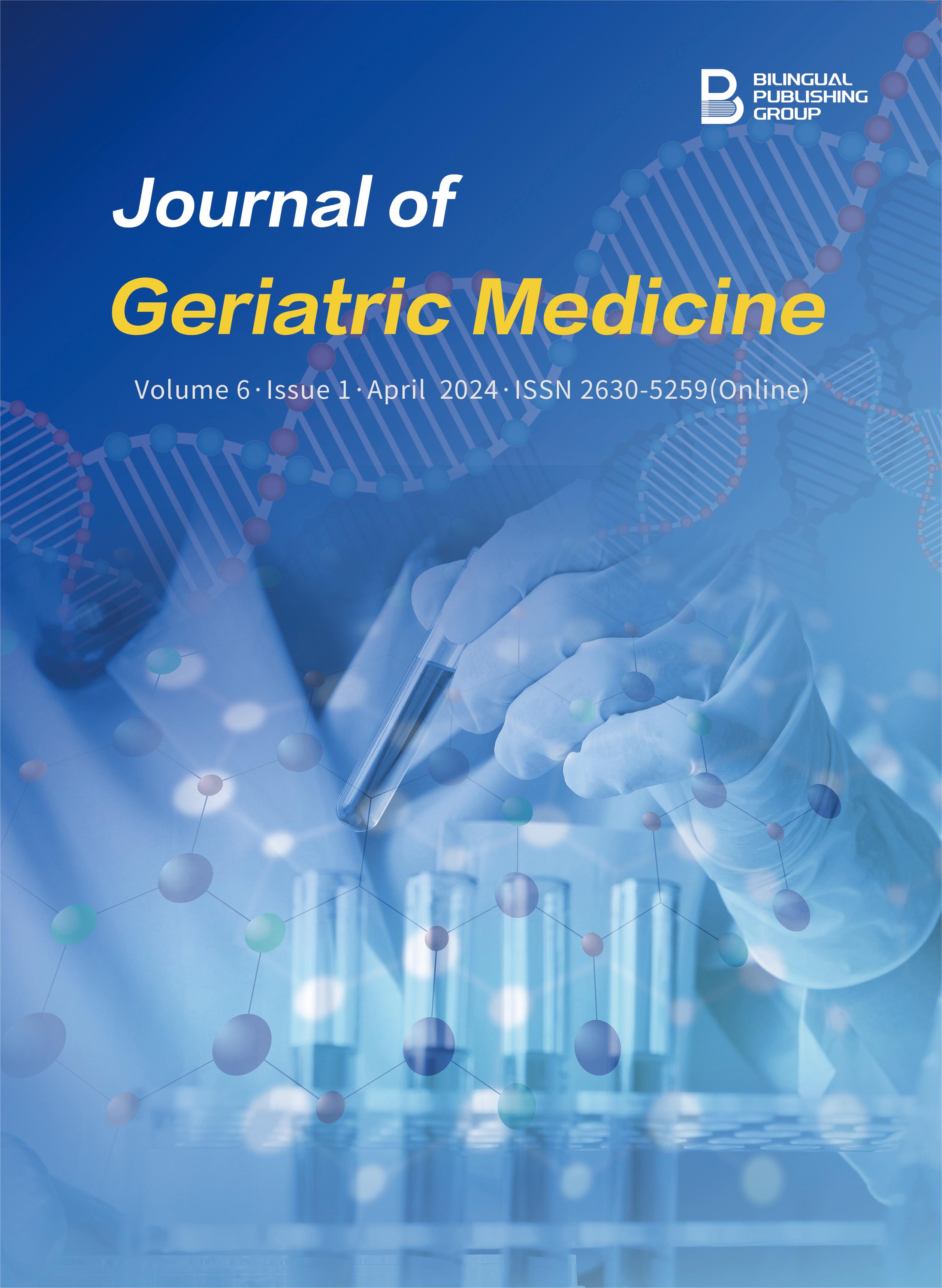 Correction & Withdrawal Policies
Correction & Withdrawal Policies
Factors influencing nocturia in benign prostatic hyperplasia risk population: Results based on NHANES(2017-2020)
DOI:
https://doi.org/10.30564/jgm.v6i1.6276Abstract
Background
To explore the influencing factors of nocturia in benign prostatic hyperplasia (BPH) risk population.
Methods
Data from the National Health and Nutrition Examination Survey (NHANES) between the years 2017 and 2020 were analyzed to explore factors influencing nocturia in BPH risk population. After the inclusion of BPH risk population over 50 years old, the data with incomplete data were excluded, and then univariate logistic regression was used to find the influencing factors for nocturia. Finally, all the influencing factors for nocturia were included for multiple logistic regression. The crucial factors were analyzed by ROC.
Results
A total of 15,560 is managed. Among these, 1754 men are classified as BPH risk group. Depression rating level, history of elevated blood pressure, obesity, daytime sleepy, sleep problems, depression, Leak urine during non-exercise, leak urine before toilet, leak urine during exercise, frequency of urine leakage, age and weekday sleep are found to be associated with nocturia by univariate logistic regression(p < 0.05). Depression rating level, obesity and leak urine before toilet are risk factors for nocturia by multiple logistic regression(p < 0.05). Age(adjusted OR: 1.020, 95% CI 1.006–1.035, p = 0.006), PHQ-9(adjusted OR: 1.100, 95% CI 1.068–1.133, p = 0.000), and BMI(adjusted OR: 1.029 95% CI 1.007–1.052, p = 0.010) as continuous variables are still risk factors for nocturia(p < 0.05). ROC analysis shows that the highest AUX of PHQ-9 is 0.633, frequency of urine leakage 0.571, BMI 0.553, Age 0.549.
Conclusions
The nocturia symptoms of BPH risk population are caused by multiple factors. Among the comprehensive effects of various influencing factors, age, PHQ-9, BMI, frequency of urine leakage play a major role. The most relevant is PHQ-9, that is, the level of depression score.
Keywords:
BPH risk population; Real world study; Nocturia; Logistic Models; NHANESDownloads
How to Cite
Issue
Article Type
License
Copyright © 2024 zechao zhang, botao tang, changjie shang, xuejin ye, qingyun yang, fang hu, Min Zhu

This is an open access article under the Creative Commons Attribution-NonCommercial 4.0 International (CC BY-NC 4.0) License.




 ZeChao zhang
ZeChao zhang





